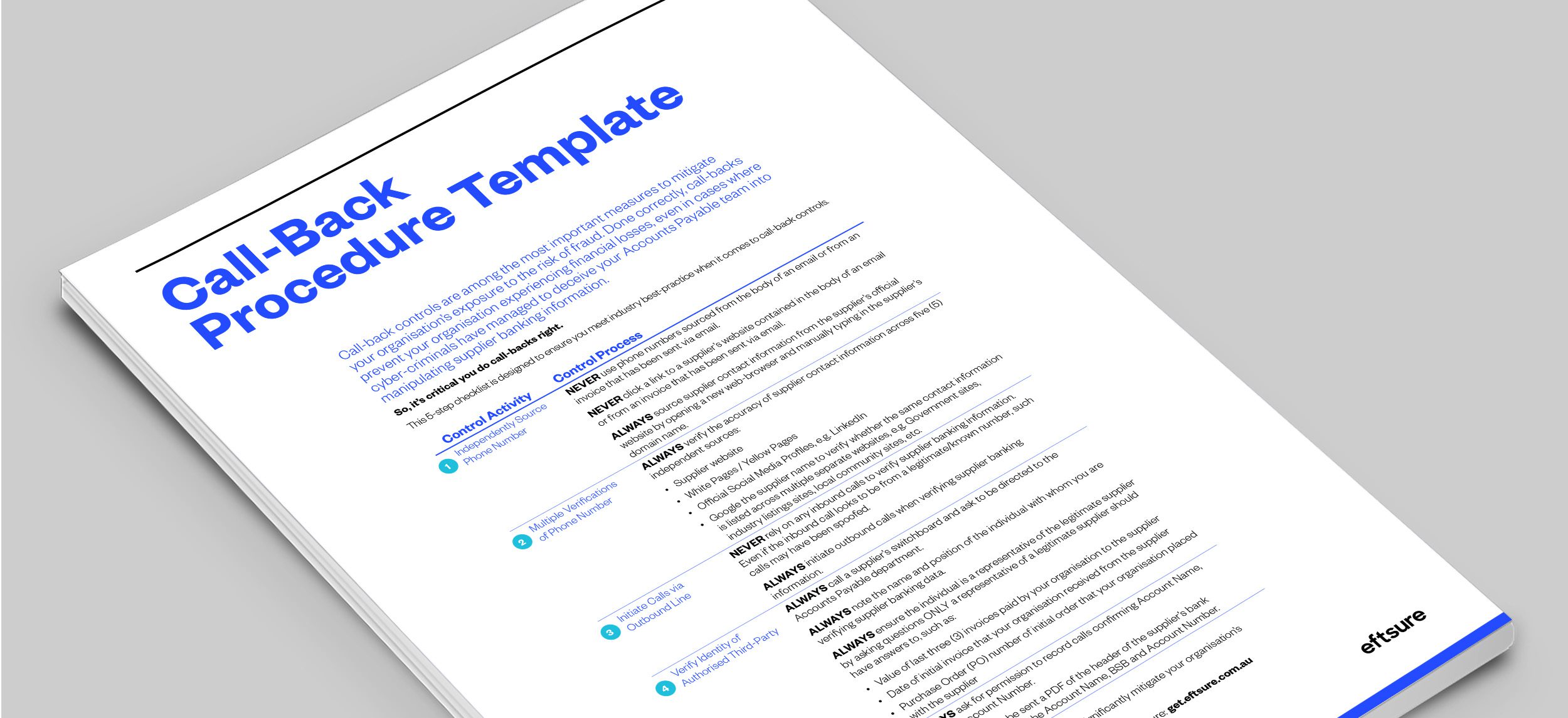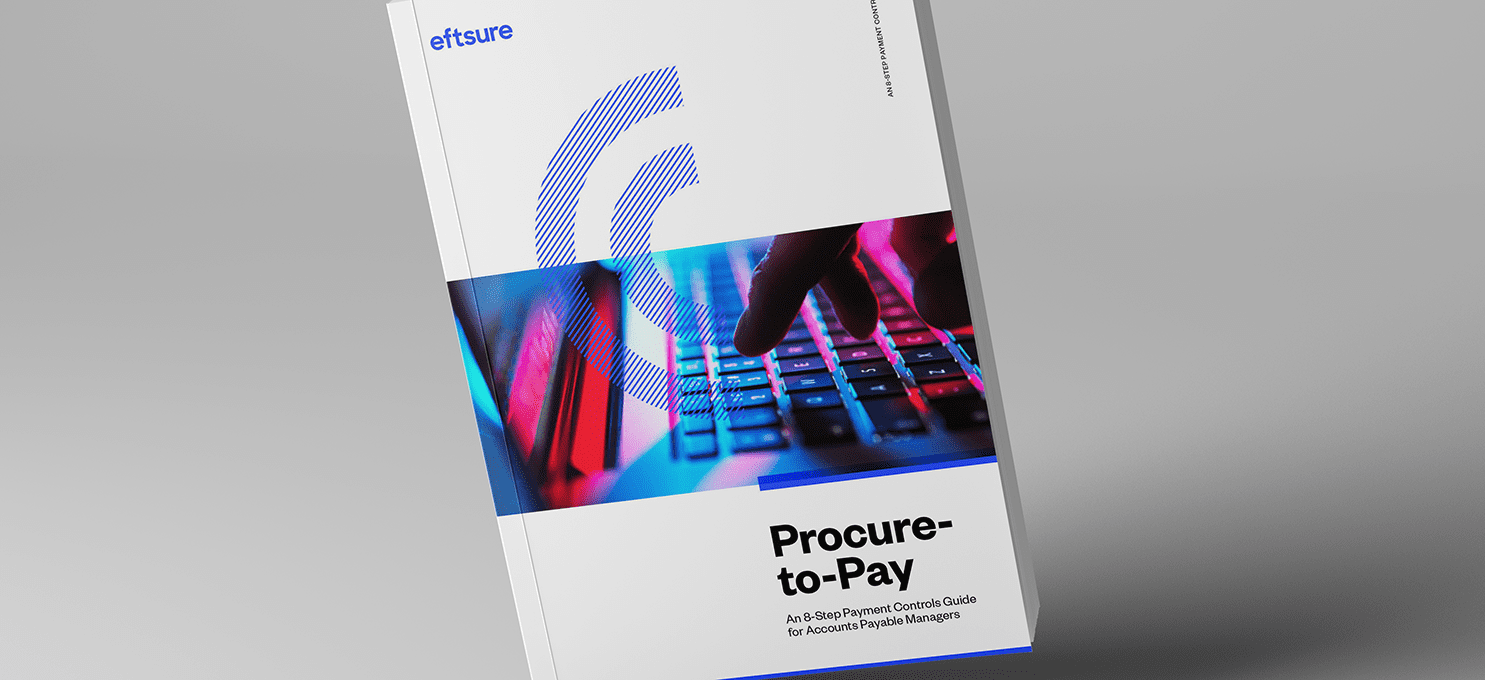A CFOs Guide to ACH Payments
In recent years, the banking industry has undergone significant transformations that have changed how we manage our finances. The shift from traditional …
Streamlining supplier management is crucial to ensure smooth operations, helping teams control costs and mitigate risks. In this blog post, we’ll explore how to create a supplier management strategy, implement tools for efficient management, work collaboratively with suppliers and measure their performance.
With these key practices in place, you can streamline your supplier management processes and improve your bottom line.
A well-defined supplier management strategy can deliver both financial and non-financial benefits for a company. It aids in cost control by identifying efficient suppliers, streamlining processes and eliminating redundant ones. It also mitigates potential risks associated with third-party vendors, such as compliance violations, data breaches or reputational damage.
Collaboration is key to developing an effective supplier management strategy. Engaging with suppliers early helps CFOs negotiate favourable contracts that align with the company’s goals and objectives. Like pretty much any type of relationship, building a strong partnership with a supplier requires clear communication, well-defined expectations and regular check-ins to make sure each party’s needs are being met.
Identifying critical suppliers is important to supplier management because they play such a significant role in your organisation’s operations.
Proper evaluation of their financial stability and creditworthiness prevents bad business outcomes that might threaten your organisation’s financial health. And, even when a supplier offers lots of benefits, it’s still important to consider geographical, political, or natural disaster risks – especially if a supplier is located in volatile regions or countries with vastly different compliance frameworks.
But assessing supplier risk can also create some challenges. For instance, it might affect collaboration between both parties, potentially causing tension or even conflict if not handled sensitively. There may even be additional costs if a supplier requires extensive research for proper evaluation.
While it’s important to be aware of the possible challenges, identifying critical suppliers still helps mitigate potential risks while ensuring continuous supply chain operation, often saving you costs or reputational damage in the long run.
When it comes to supplier management, negotiating favourable contracts is crucial for achieving better cost control and risk mitigation. Here are some steps to keep in mind:
By taking a strategic approach to negotiating contracts with suppliers, CFOs can help safeguard their organisation’s financial stability while also fostering strong working relationships with vendors.
Defining key performance indicators (KPIs) for each supplier category is crucial to effectively managing supplier performance. KPIs should be tailored to each supplier and aligned with business objectives.
Setting targets and thresholds for quality, delivery and service levels helps measure progress towards achieving those goals. And, if suppliers are underperforming, it helps identify opportunities for improvement and enables early intervention.
Ensuring compliance with established metrics is essential to avoid costly disputes or misunderstandings between buyers and suppliers. Contracts should include clear language around expectations, measurement methodology, consequences for non-compliance and agreed review mechanisms.
By managing strategic vendor relationships more efficiently, CFOs can save costs and ensure all stakeholders have a say in how the organisation measures supplier performance.
Supplier management tools are critical for maintaining effective cost control and mitigating risks. Automating procurement processes can help save time and increase efficiency in managing suppliers. By using supplier relationship management software, CFOs can gain better insights into vendor performance and negotiate better deals for the organisation.
Through automated procurement processes, CFOs can reduce the risk of human error while also saving valuable time. This includes automating purchase orders, invoice processing, and payment tracking. Additionally, with a supplier relationship management software solution in place, it’s easier to manage data related to vendors, such as contract terms and performance metrics, which helps improve decision-making when evaluating or selecting suppliers.
Centralising purchasing functions, implementing electronic purchase orders and invoices, and streamlining supplier onboarding are all crucial components of automating procurement processes. By leveraging technology to automate these tasks, financial officers can significantly reduce both the time and cost associated with managing suppliers.
In particular, centralising purchasing functions enables organisations to consolidate spending across departments, leverage buying power for greater savings and more effectively manage supplier relationships. And digitising purchase orders and invoices makes it easier to track purchases in real time while reducing the risk of errors or fraud.
Of course, not all steps can or should be automated. Ultimately, employees still need the autonomy and freedom to make decisions about suppliers or work across departments to find the right solution. But automating more manual steps in the process can prevent teams from cutting corners during the onboarding process, ensuring that suppliers are properly vetted before they start providing goods or services.
Effective supplier management is crucial to cost control and mitigating supply chain risks. With the help of Supplier Relationship Management (SRM) software, organisations can streamline their supplier management processes, enabling them to make data-driven decisions that enhance overall performance. Here are three ways in which SRM software can be used for effective supplier management:
In short, supplier relationship management software solutions can give CFOs better insights into their organisation’s procurement processes while reducing costs associated with manual record-keeping and processes that are vulnerable to human error.

Building strong relationships with suppliers is key to effective supplier management. Regular communication, mutual respect and transparency can help to build trust and collaboration. By working closely with suppliers, CFOs get a better understanding of their capabilities and potential challenges, which in turn helps to identify opportunities for cost savings or risk mitigation.
Providing feedback on supplier performance is also crucial for maintaining good relationships. This includes both positive feedback as well as constructive criticism when issues come up. Addressing issues promptly and effectively demonstrates a commitment to the partnership, and also ensures that any problems are resolved before they escalate into major challenges.
Regular communication with suppliers is crucial in building strong, long-term partnerships. It allows you to understand their needs and expectations while giving them insight into yours. This transparency in procurement processes fosters trust, making it easier for both parties to address issues and concerns promptly.
Collaborating on product development or improvement is another way of building strong supplier relationships. Involving your suppliers early helps ensure that the final product meets your expectations and helps you identify issues you might not have considered, resulting in a more efficient supply chain process. This collaboration also encourages innovation, which can lead to cost savings for both parties.
To improve collaboration and build relationships, keep the following steps in mind:
Implementing a feedback system for suppliers is an essential task in managing supplier relationships. It enables CFOs to gather data on the performance of their suppliers, identify areas that need improvement and build better relationships with them.
Addressing concerns promptly and effectively ensures that issues are dealt with before they escalate into larger problems, saving time and money in the long run. And regular performance evaluations ensure that standards are maintained consistently over time.
Effective ways to provide feedback and address issues including:
To effectively manage suppliers and ensure better cost control and risk mitigation, tracking Key Performance Indicators (KPIs) is vital. KPIs can include delivery times, product quality, compliance with regulations and contractual agreements, as well as customer satisfaction ratings. By monitoring these metrics regularly, teams can identify areas for improvement and better assess whether a supplier relationship is working for the organisation.
Along with tracking KPIs, conducting regular audits of supplier operations is important for measuring supplier performance. Audits should focus on verifying compliance with agreed-upon contract terms and ensuring that the supplier’s processes align with industry standards. These audits can help prevent costly disruptions caused by non-compliance, all while helping both parties stay clear about expectations.
Establishing clear KPIs for supplier performance, monitoring delivery timelines and quality of goods/services received, and analysing financial metrics – i.e., cost savings and return on investment – are all part of effective supplier management.
Here are some examples of KPIs worth tracking when managing suppliers:
KPI measurements are a cornerstone for making smarter, more data-informed decisions – the type of decision-making that will be critical for cutting costs and minimising your organisation’s financial and compliance risks.
Regular audits are a crucial component of effective supplier management. Conducting these audits helps evaluate compliance with contractual obligations, identify potential areas of risk in the supply chain and review supplier documentation to ensure accuracy and completion.
To conduct efficient audits that provide accurate results, you need to pay close attention to detail and follow a systematic approach. Here are some key steps to follow when conducting regular supplier audits:

In recent years, the banking industry has undergone significant transformations that have changed how we manage our finances. The shift from traditional …
Faster payments are part of our every day – but cybercriminals are exploiting the system. Discover how you can reduce the risks in your business.
Tired of yet another unwanted message in your inbox? Here’s how to reduce spam emails and text messages.
Eftsure provides continuous control monitoring to protect your eft payments. Our multi-factor verification approach protects your organisation from financial loss due to cybercrime, fraud and error.